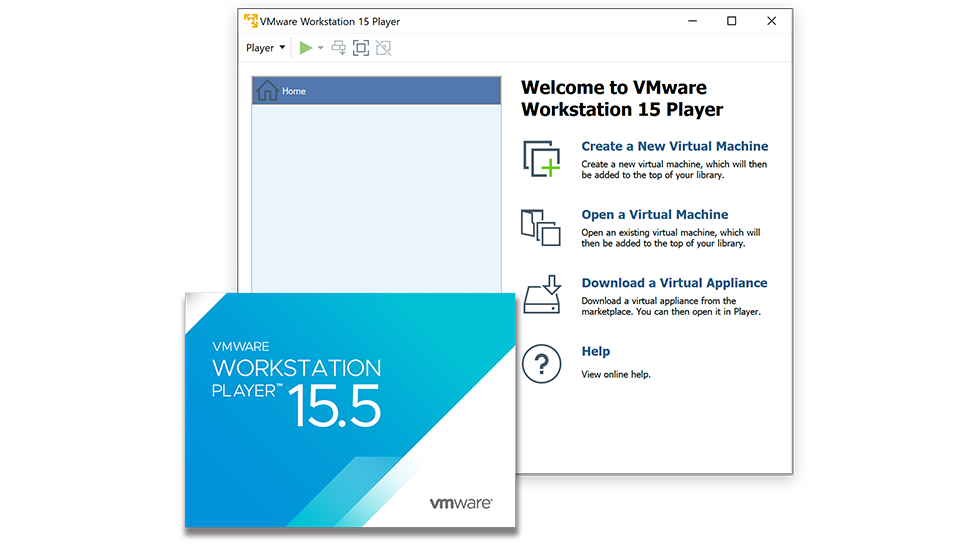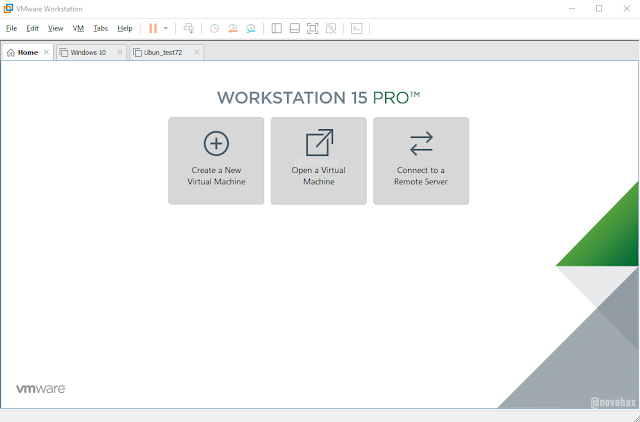
Additionally, VMware Workstation Pro can function well on many host operating systems in addition to having flexibility in creating guest operating systems. VMware Workstation Pro supports a wide variety of operating systems, including macOS, Windows, and many Linux distributions. For businesses working with a primarily Windows environment, Hyper-V isw a strong choice. Hyper-V also offers good performance, with virtual servers being quick to create and maintenance not resulting in down time in most cases. Additionally, strong support features are provided for Hyper-V through Windows Active Directory, so businesses won’t have to worry as much about the security of their virtualized workloads. In addition to being offered as a standalone tool, Hyper-V is built into Windows Server, making it easy to use and implement for network administrators that are familiar with Windows server.

Hyper-V and VMware Workstation Pro can both be used to create and manage virtualized machines, but they also have some standout features that set them apart from each other. In contrast, VMware Workstation Pro is a hypervisor that supports a wide variety of operating systems and is most popular with mid-sized businesses that aren’t heavily based on Microsoft technology.


Hyper-V is a type-1 hypervisor designed to allow multiple virtual machines and is popular with mid-sized businesses that make use of other Microsoft technologies. Hyper-V and VMware Workstation Pro are both server virtualization tools used to run guest operating systems on a single host machine. Integration Platform as a Service (iPaaS).


 0 kommentar(er)
0 kommentar(er)
